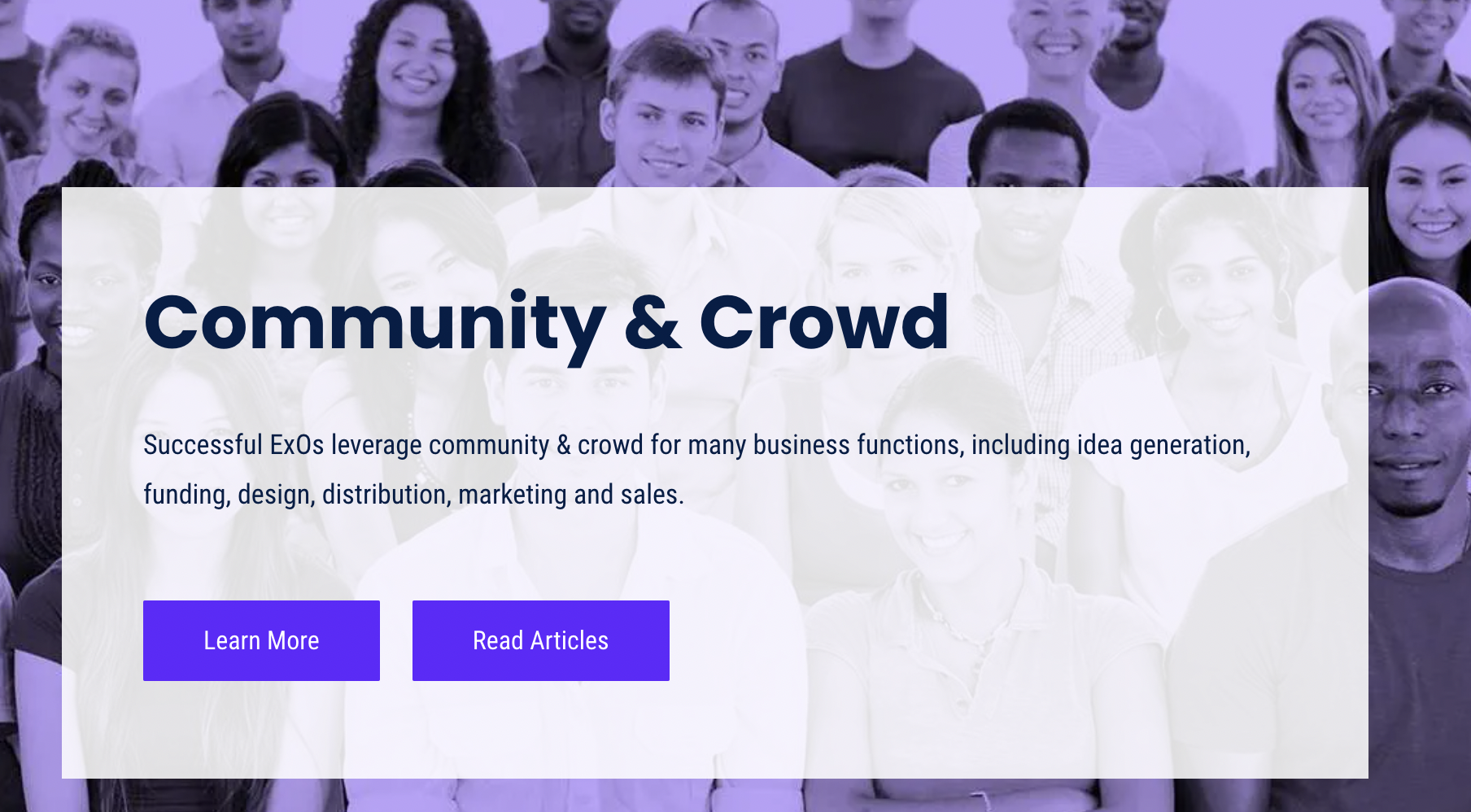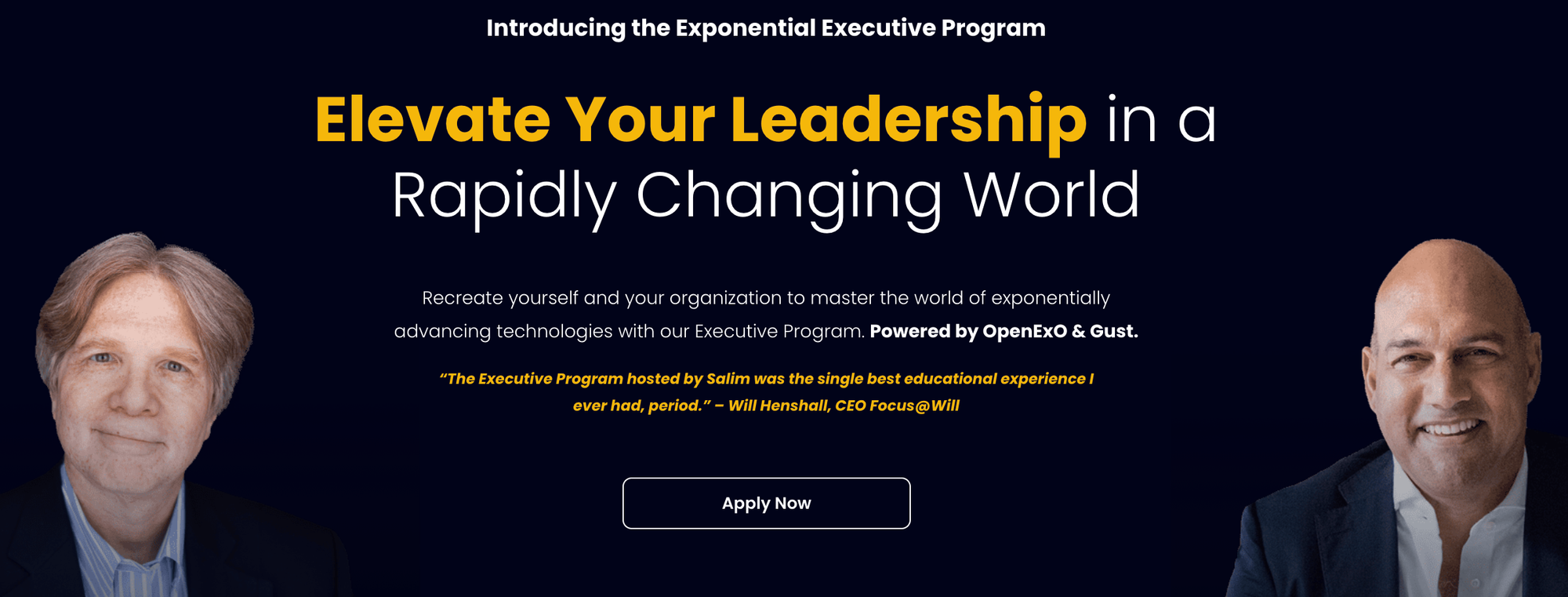
Community and Impact: FIFA World Cup More Than Just a Game
The World Cup is not only a celebration of football – but also a platform for social change, awareness, impact, and building unity and community. The common shared experience of the game turns a crowd into a community.
The World Cup transforms crowds into communities. Through globally promoting diversity of membership and shared purpose, the world's most popular sporting event impacts the lives of many while creating stronger inclusive communities.
The FIFA World Cup Final is played every four years to culminate in a month-long tournament of 32 nations. The first World Cup was held in 1930 and has been held every four years since then, except for 1942 and 1946, when it was canceled due to World War II. It is the world's most widely viewed and followed sporting event, with an estimated 5 billion people watching this year's games. If the planet has a little over eight billion people, that means that over half of the world’s population is watching one of the World Cup games.
Dreams
For some players, the World Cup is more than just an opportunity to play soccer at the highest level – it's also a chance to escape poverty and improve their lives and the lives of their families. Soccer is a global sport, and it's no secret that many of the world's best players come from poor backgrounds. Many of these players, have used their wealth to help their communities.
Here’s a list of some of the most famous players who rose from poverty to stardom and have helped their communities and others around the world.
Cristiano Ronaldo – Portugal: Ronaldo is an ambassador for three major charities, Save the Children, UNICEF, and World Vision, and donated to many more. He sold off his 2013 Ballon d'Or, raising more than $800,000 for the Make-A-Wish Foundation, and in 2015, Ronaldo donated more than $6 million to help those impacted by the earthquake in Nepal. Ronaldo also donates money to Portugal’s medical facilities to improve them for many.
Lionel Messi – Argentina: Messi also has helped with UNICEF and founded his own charitable foundation, the Leo Messi Foundation, which focuses on improving the lives of children affected by war, violence, poverty, disability, and research projects in childhood cancer.
Neymar Jr. – Brazil: Neymar Jr. grew up in a favela in Sao Paulo, and his family struggled to make ends meet. He has dedicated most of his humanitarian work to helping impoverished Brazilian communities ensure they have adequate water, sanitation, and health (WASH) facilities. In 2014, he partnered with Waves for Water, which works to bring clean water to vulnerable communities in the country. He’s also donated over $950,000 to UNICEF to help with the COVID-19 pandemic in Brazil.
Kylian Mbappé - France: Mbappé donated his earnings from the 2018 World Cup to the charity Premiers de Cordée, which provides free sports instruction for children with disabilities, according to the French newspaper L'Equipe. He has also launched his own foundation this year for disadvantaged youths in Paris and has donated his national match fees for various causes.
For many players, the World Cup games become a chance to escape poverty and improve their communities and the lives of others.
Unity, Diversity, and Shared Identity
Since its beginning, the World Cup has brought people together from different countries and cultures, creating a sense of belonging and shared identity. For many fans, the World Cup is not just about sports – it is a celebration of diversity and unity.
During the tournament, fans from different backgrounds come together to support their teams, regardless of their differences. They make new friends and share their passion for the game, celebrate their victories, and mourn their losses. In this way, the World Cup creates a temporary community of people united by their love of football.
But unity is not only crucial for sports – it is also essential for social and economic development. For a country, unity is crucial for its success and prosperity. A report by the United Nations found that inclusive and diverse societies are more likely to be peaceful and resilient and have higher levels of economic growth and social well-being.
During the first Christmas of World War I in 1914, near the German lines and East of Belgium, the game of football brought together nations at war to call a truce, shake hands and enjoy a game of football. “It’s probably the only time in the history that you had two opposing armies lay down their arms and be friends,” said re-enactor Chris Barker at an event arranged by UEFA in Belgium.
In 2000, Nelson Mandela said, “Sport has the power to change the world. It has the power to inspire. It can unite people in a way that little else does. It speaks to youth in a language they understand. Sport can create hope where there was only despair.”
When people come together and work towards a common goal, they can achieve more than they could alone. They share their skills, knowledge, and experiences and create a more inclusive and diverse society. This can lead to improved quality of life, increased economic growth, and a stronger sense of community.
Community and Crowd
The World Cup is a Community made up of a large global group of individuals (the players, coaches, and fans) who are passionate about soccer and are directly involved in the main functions of the tournament (the matches). These individuals are loyal to their national teams and are devoted to solving the game's challenges, such as winning matches and achieving success for their countries. The World Cup creates an emotional connection within the Community that drives this loyalty.
Millions of passionate fans worldwide help to generate buzz, excitement, and engagement around the tournament. Fans participate in various activities to support their favorite teams and players. This can be done through social media campaigns, fan forums, creating and sharing memes, and videos, sharing their thoughts, opinions, and predictions about the tournament, organizing viewing parties and other events, and traveling to the host country to attend matches in person. This helps build anticipation, which can drive engagement and participation.
Engagement and participation from the community drive increased viewership and involvement from the broader Crowd of casual fans and onlookers who may not be as passionate or engaged as the Community but who can still contribute to the tournament in various ways, such as by purchasing tickets and merchandise, as well as generating exposure and visibility for the tournament, by creating social media campaigns and other marketing efforts that target casual fans and onlookers.
The common shared experience of the game turns a crowd into a community.
The World Cup is an excellent example of how a Community and Crowd can work together to create value for an organization or, in this case, a country. The passion and loyalty of the Community drive part of the tournament's success. At the same time, the Crowd's involvement amplifies creativity and marketing efforts.
Making an Impact
The World Cup is not only a celebration of sports – but it is also a platform for social change and awareness. In recent years, fans have used the tournament to raise awareness about important issues, such as diversity, inclusion, and sustainability. For example, during the 2018 World Cup, over 10 million fans signed a petition calling for the tournament to be more sustainable.
In this year’s World Cup games, we saw the Iranian football team remain silent. At the same time, the anthem was played during their match with England, in a symbolic show of support for the protest movement that has roiled Iran since the death of 22-year-old Mahsa Amini. Olivier Knox of the Washington Post writes: “Kareem Fahim and Miriam Berger reported how that silence was ‘widely seen as an acknowledgment of — or even a show of solidarity with — a popular uprising unfolding at home.”
Seven European soccer teams, including Germany, England, and the Netherlands, planned to wear "One Love" armbands during matches to protest Qatar's treatment of LGBTQ2S+ individuals. However, FIFA decided hours before kickoff that any captain who wore the armband would receive a yellow card, so the teams reversed their decision. Some players have instead worn a "No Discrimination" armband. Additionally, Qatar's security teams were initially removing rainbow items from fans, but that decision has been reversed. Germany continued to share its disapproval of Qatar's human rights record in a silent protest during its opener against Japan, were all starting 11 players covered their mouths in protest. The image made headlines.
The FIFA Foundation and Social Responsibility teams have worked on several initiatives, including
- Commitment to safeguarding and child protection
- Human Rights and Anti-Discrimination
- Delivering solutions to protect the environment and the climate which includes environmental protection, encompassing issues such as climate change, waste management, recycling, sustainable construction, and procurement.
- Football for Schools Programme focuses on initiatives to educate girls and boys about essential life skills and positive values.
- Foster dialogue, collaboration, and partnerships with international organizations and public authorities
You can read more about the FIFA Foundation and Social Responsibility teams here.
In conclusion, the World Cup brings communities together and creates a sense of unity and solidarity. Through the tournament, fans can celebrate their diversity and work towards positive social change for a better world. For a country, unity is crucial for its success and prosperity. The World Cup can be a powerful platform for promoting unity and creating positive social change that will ultimately be important for a country's success and prosperity.


We're excited to launch the Exponential Executive Program together with Gust! Transform your leadership and navigate the future of technology. 🚀
Spend a full week with Salim Ismail & David Rose.
New York City | 5-9 February 2024
Discover more about the Executive Program here
ExO Insight Newsletter
Join the newsletter to receive the latest updates in your inbox.









